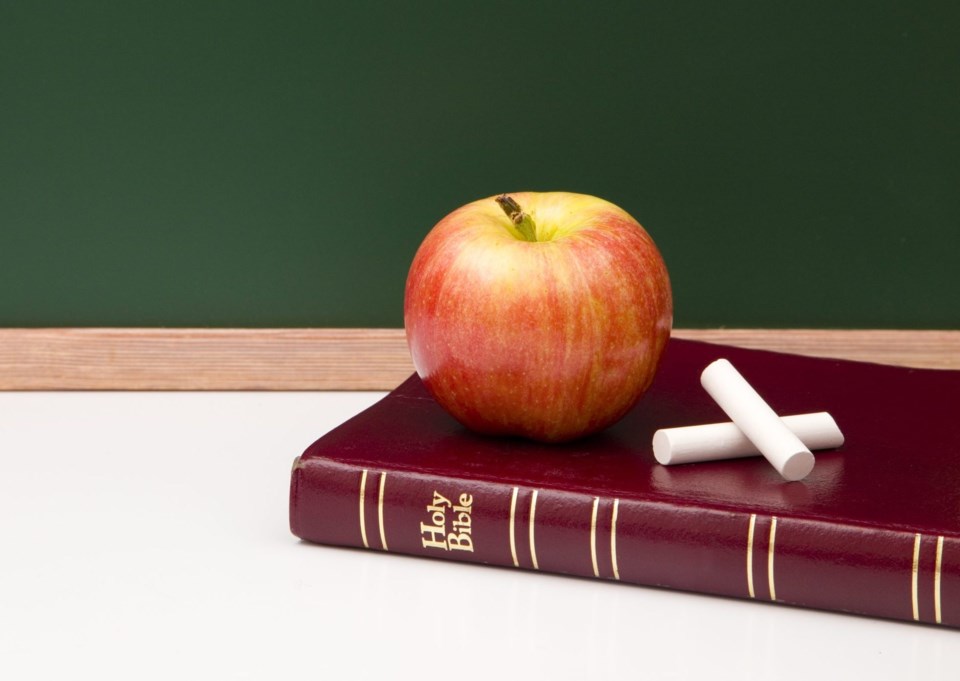As many bills passed in the 88th legislative session are entering into effect on Sept. 1, a group of over 100 chaplains from across Texas signed a letter urging school districts to reject SB 763, a controversial bill that calls for public schools to decide whether they’ll implement a volunteer chaplain program to “provide support, services and programs for students.”
SB 763 is one of several controversial bills introduced to the Texas legislative session this year that loosened the boundaries between religion and public education. One of the most contentious pieces of legislation in this lane was SB 1515, which called for public elementary and secondary schools to display the Ten Commandments in each classroom, was killed at the Senate level, after passing the House on April 2023.
Two other legislations passed and will go into effect on Sept. 1: SB 1396, which allows public and charter schools to establish a policy that designates a specific time for students and employees to read the Bible or other religious texts and engage in prayer on campus, and SB 763, contended by the letter.
In the letter, the signing chaplains address several issues with the law. In the first place, there’s the matter of training: according to the statement, while professional chaplains receive specific education and training, they are not qualified for the duties established in SB 763. “We cooperate with mental health counselors – we do not compete with them,” reads the letter. “Further, professionals who help children with sensitive matters… typically require special training on how to interview and treat juveniles. Few chaplains have this expertise.”
Another issue the chaplains found with the bill relates to how these programs would be funded. SB 763 allows for safety and security funds to be allocated to cover the programs. “Those funds are directed at – but not limited to – the roles of restorative discipline and justice practices, mental and behavioral health support, and suicide prevention, intervention and postvention,” continues the letter. “We are deeply concerned about using chaplains in these roles to provide those services, particularly as the law does not require any specific training or qualifications.”
The chaplains also pointed out that the bill would have a negative effect on students’ religious freedom and parental rights. The law lacks any language that would prevent chaplains from proselytizing at school which, according to the statement, would interfere with parental decisions related to religious or spiritual practices. “Parents or guardians must have the right to choose the religious leaders who will influence their children’s spiritual journey.”
SB 763 opponents brought up these issues before the law passed. In May 2023, several amendments were introduced to secure the religious freedom of students and parents. Some the the amendments intended to bar proselytizing or attempts to convert students to any specific religion, to require parents' consent, to provide chaplains from any faith or denomination requested by students and to request accreditation similar to that of chaplains who work at prisons or the U.S. military. None of these amendments passed.
"We believe that a strong public school system is one in which the limited funding for the safety and security of students is used to hire the most skilled professionals for those roles,” concludes the letter. “We believe that families, not the government, are entrusted with their children’s spiritual development.”




